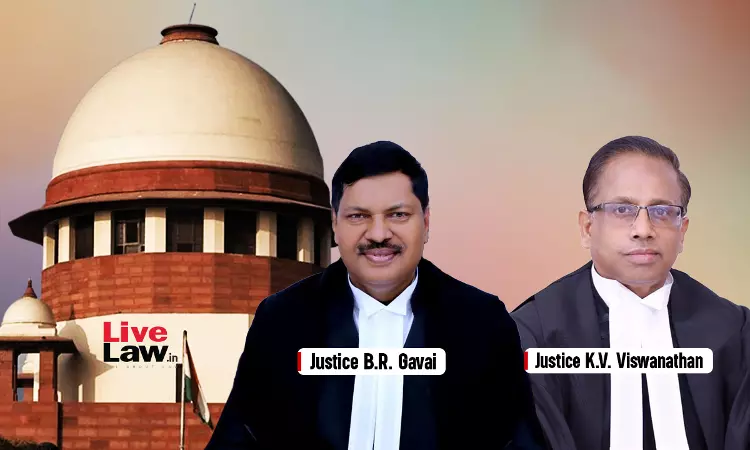Individuals Need Not File Separate Cases For Relief Granted To Others In Similar Cases Against Govt: Supreme Court
Yash Mittal
10 Dec 2024 10:53 AM IST

Next Story
10 Dec 2024 10:53 AM IST
While granting relief to a female army officer by directing the grant of a permanent commission even though she had not pursued litigation, the Supreme Court reiterated that individuals are not required to separately litigate for the same relief that was obtained by other similarly situated individuals against the action of the government department. The reliefs granted to similarly...
